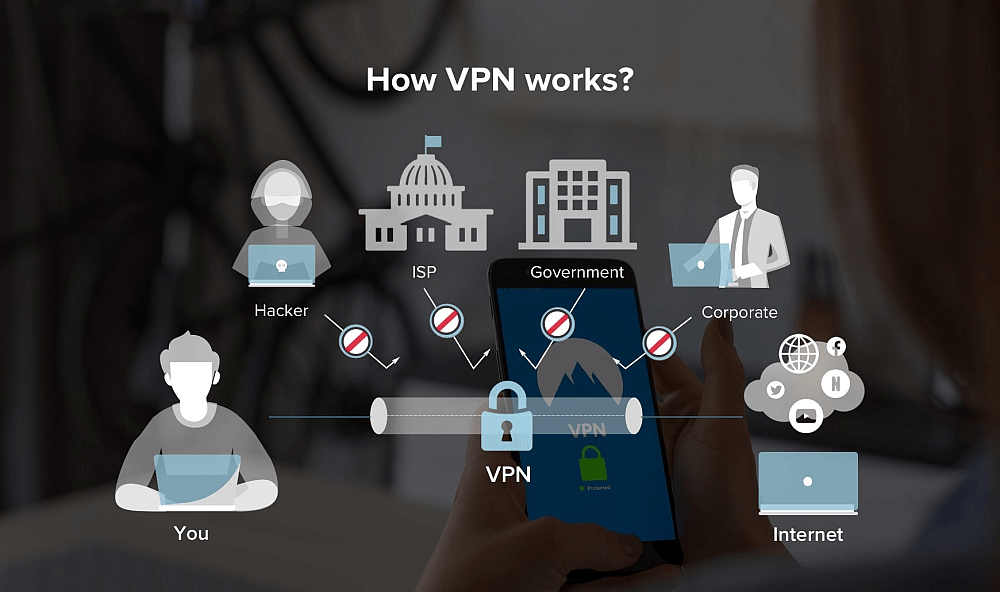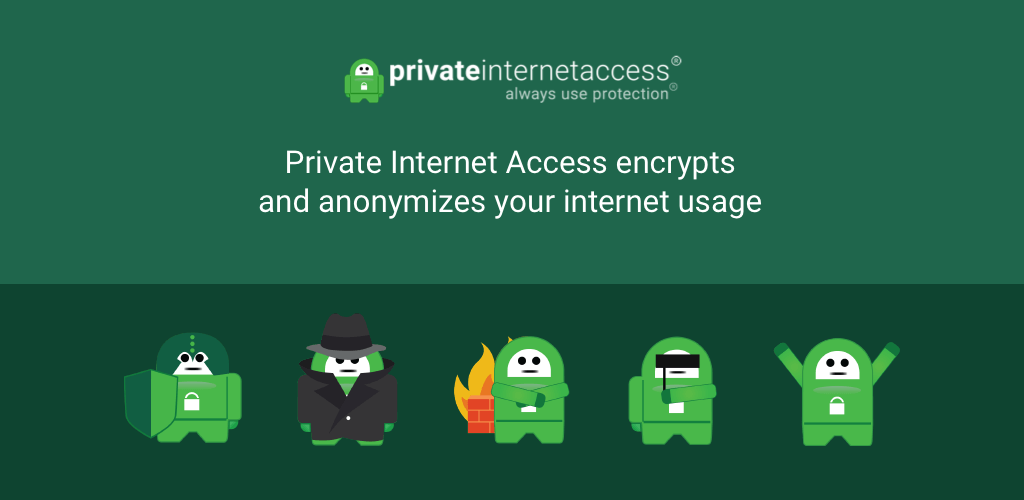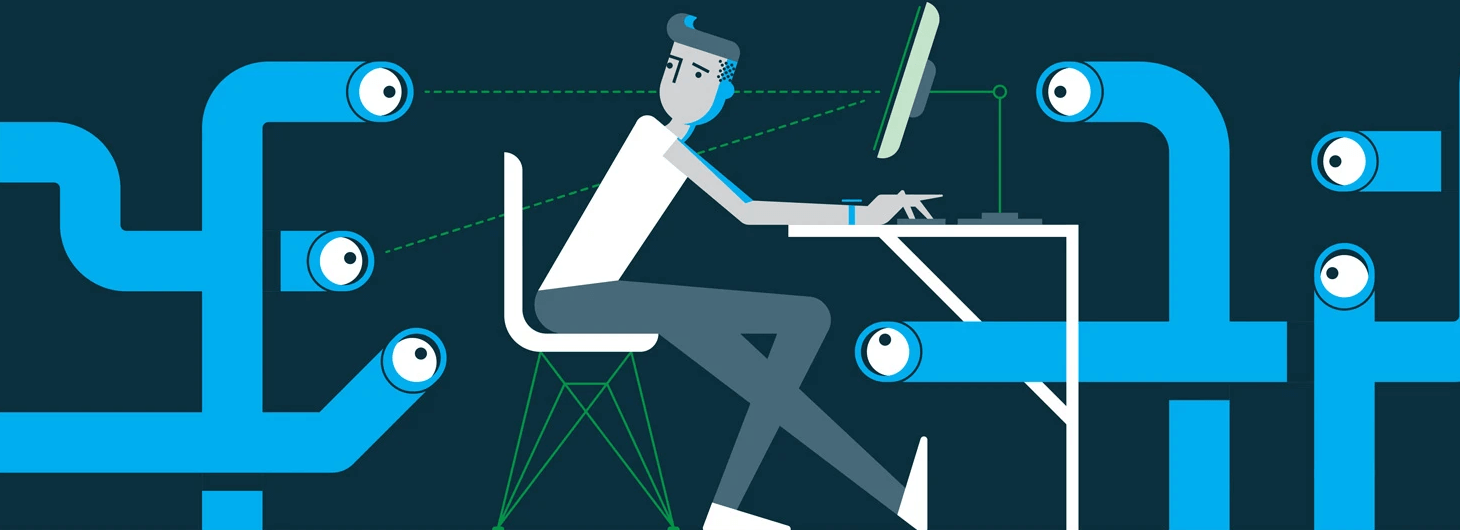A Tool Against Internet Spying Was Created. Share It With Others.
In the Internet era, consumers seem increasingly resigned to giving up fundamental aspects of their privacy for convenience in using their phones and computers, and have grudgingly accepted that being monitored by corporations and even governments is just a fact of modern life.
In fact, Internet users in the United States have fewer privacy protections than those in other countries. In April, Congress voted to allow Internet service providers to collect and sell their customers’ browsing data. By contrast, the European Union hit Google this summer with a $2.7 billion antitrust fine.
Have you ever thought about the amount of information Google knows about an average internet user just like you? The answer is shocking. It's about 6 gigabytes and it's not the limit. Your whereabouts, search history (even deleted one), demographics, even your hobbies or religion are no secret to Google.
As an ultimate owner of all the data, Google decides how to use this information – for advertisement, personalized recommendations, geolocation-based notifications, or maybe something less innocent? How would you feel if Google gave away your data to the government or third-party organizations?
Social media platforms like Facebook aren't safer. Facebook collects just as much data about you than Google does. Moreover, they can access your webcam and microphone, your phone calls and emails, messages you send and receive, and more. So, next time you talk about a new iPhone model next to your phone or a laptop, don't be surprised when you see an iPhone ad in your Facebook feed.
Again, ads based on your personal data aren't the worst scenario.
The solution against internet spying exists!
If you don't want corporate machines like Amazon and Google, government, or anyone else to watch every move you make online and offline, you need to use a VPN (Virtual Private Network).

VPN is a tool that connects you to the internet through a special gateway. The gateway works like a protective shield against anyone trying to spy on your internet activity, figure out the place you're browsing the internet from, log your actions online, and other actions.
Imagine yourself in a bubble that protects you from government and advertisement snoops – that's what happens with an internet connection through VPN.
If you don't use a VPN yet, it's high time to pick one.
Private Internet Access – The most anonymous VPN!
The market for VPN services is flooded with options. Don't know how to choose?
Here's a tool that is designed for careful internet users just like you: Private Internet Access.

Private Internet Access is a VPN that ensures 360° security of your internet traffic – no matter what location and device you're browsing from.
If you need a total disguise from businesses and people who attempt to rush into your browser, this VPN is a great find:
- No-logs policy. Your IP address, your internet search, browsing history, and data on internet connection stay undisclosed.
- Lots of gateways. This means you can access the internet as if you're from a particular country, even if you're not. Catch me if you can, because today I'm browsing from a bunch of places I haven't ever been to!
- Total anonymity. No data breaches and data leaks. Use this power for good and don't commit any frauds!
- Connection to multiple devices. You can connect up to 10 devices simultaneously with a single subscription.
Don't Let Anyone Compromise Your Internet Privacy!
Download the Private Internet Access app today, and enjoy the first two months totally for free!
Claim Offer!


